Notable documents of Vietnam in the previous week (from August 14 to August 20, 2023)
Cases where public security workers are eligible for retirement; list of air border checkpoints allowing foreigners to enter and exit by e-visas, etc., are notable documents that will be covered in this bulletin.
1. New regulation of Vietnam on cases where public security workers are eligible for retirement
On August 11, 2023, the Government of Vietnam promulgated Decree No. 57/2023/ND-CP on amendments to Decree No. 49/2019/ND-CP guiding the Law on People’s Public Security Force.
According to the Decree, public security workers may retire in one of the following cases:
- Eligibility for retirement benefits according to social insurance laws;
- Males from 55 to below 62 years old and females from 50 to below 60 years old with at least 20 years of social insurance contribution not falling into cases prescribed in Point a of this Clause whose service is no longer required due to changes to payroll organization in People’s Public Security Forces.
(Previously, the age range was from 55 to below 60 years old for males and from 50 to below 55 years old for females)
- Males from 50 years old and females from 45 years old with at least 20 years of social insurance contribution, which contains at least 15 years of contribution as public security workers.
Decree No. 57/2023/ND-CP comes into force as of August 15, 2023.
2. List of air checkpoints allowing foreigners to enter and exit by e-visas in Vietnam
This is a content of Resolution No. 127/NQ-CP on application of granting e-visas to citizens of countries and territories; international checkpoints allowing foreigners to enter and exit by e-visas.
The list of air checkpoints allowing foreigners to enter and exit by e-visas includes:
- Noi Bai International Airport
- Tan Son Nhat International Airport.
- Cam Ranh International Airport.
- Da Nang International Airport.
- Da Nang International Airport.
- Can Tho International Airport.
- Phu Quoc International Airport.
- Phu Bai International Airport.
- Van Don International Airport.
- Tho Xuan Airport.
- Dong Hoi Airport.
- Phat Cat Airport.
- Lien Khuong Airport.
Resolution No. 127/NQ-CP comes into force as of August 15, 2023.
3. New regulation of Vietnam on forms of hyangyaks and conventions
On August 16, 2023, the Government of Vietnam promulgated Decree No. 61/2023/ND-CP on the development and implementation of hyangyaks and conventions of residential communities, effective as of August 16, 2023.
According to the Decree, regulations on forms of hyangyaks and conventions are as follows:
- A hyangyak or convention is written with confirmation signatures of the Village Head (Head of the Residential Group), the Head of the Vietnam Fatherland Front Working Committee at the residential community, and 2 representatives of households in the residential community; such representatives are encouraged to be the village elder, village chiefs, and/or persons of prestige in the residential community. A recognized hyangyak or convention shall bear an affixed seal of the People's Committee of the commune.
- The name “Hương ước” (Hyangyak) or “Quy ước” (Convention) shall be decided uniformly by the residential community.
- A hyangyak or convention may be divided into a preface, chapters, sections, articles, clauses, and points or other structures in conformity with its content and shall be presented in a short, clear, and specific for easy understanding, remembrance, and implementation.
- Any hyangyak or convention shall be written in Vietnamese.
- In case a residential community contains many different ethnics of Vietnam with different use of languages, the translation of the hyangyak or convention from Vietnamese to one, several, or all of the languages of such ethnics shall be decided by the residential community when drafting, collecting opinions, and approving such a hyangyak or convention under Articles 8, 9, and 10 of Decree No. 61/2023/ND-CP.
4. Organizational and operational principles of People’s Inspectorates of communes, wards, and commune-level towns in Vietnam
This is a content of Decree No. 59/2023/ND-CP guiding the Law on Grassroots-Level Democracy Implementation, effective as of August 15, 2023.
According to the Decree, organizational and operational principles of People’s Inspectorates of communes, wards, and commune-level towns are as follows:
- Complying with laws; ensuring equality, objectivity, and transparency of the process of performing activities within the scope of assigned tasks and entitlements; not affecting legitimate rights and benefits of inspection and supervision subjects.
- Not taking advantage of tasks and entitlements to incite or entice organizations, individuals, and people to commit illegal acts.
- Working under regulations on collective and decision by majority.
- Notable documents of Vietnam in the previous week (from March 31 to April 6, 2025)
- Notable documents of Vietnam in the previous week (from March 24 to March 30, 2025)
- Notable documents of Vietnam in the previous week (from March 10 to March 16, 2025)
- Notable documents of Vietnam in the previous week (from March 3 to March 9, 2025)
- Notable documents of Vietnam in the previous week (from February 24 to March 2, 2025)
- Notable documents of Vietnam in the previous week (from February 10 to February 16, 2025)
-
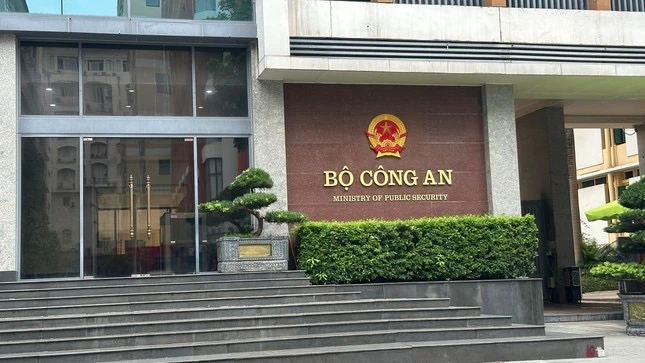
- Document No. 35/CV-BCD-TKNQ18: Assigning the Ministry ...
- 09:29, 03/02/2025
-
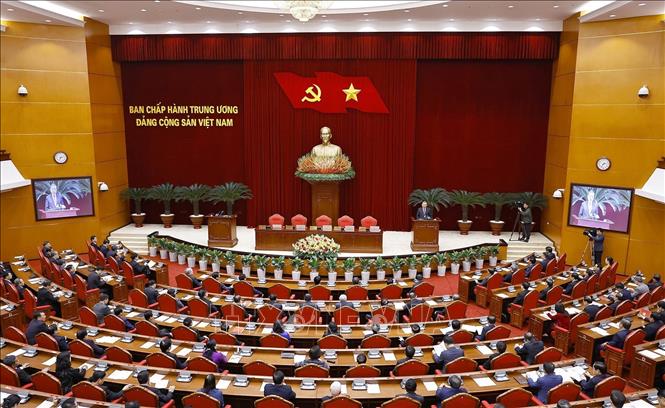
- Conclusion 121: The Central Committee of Vietnam ...
- 21:27, 27/01/2025
-
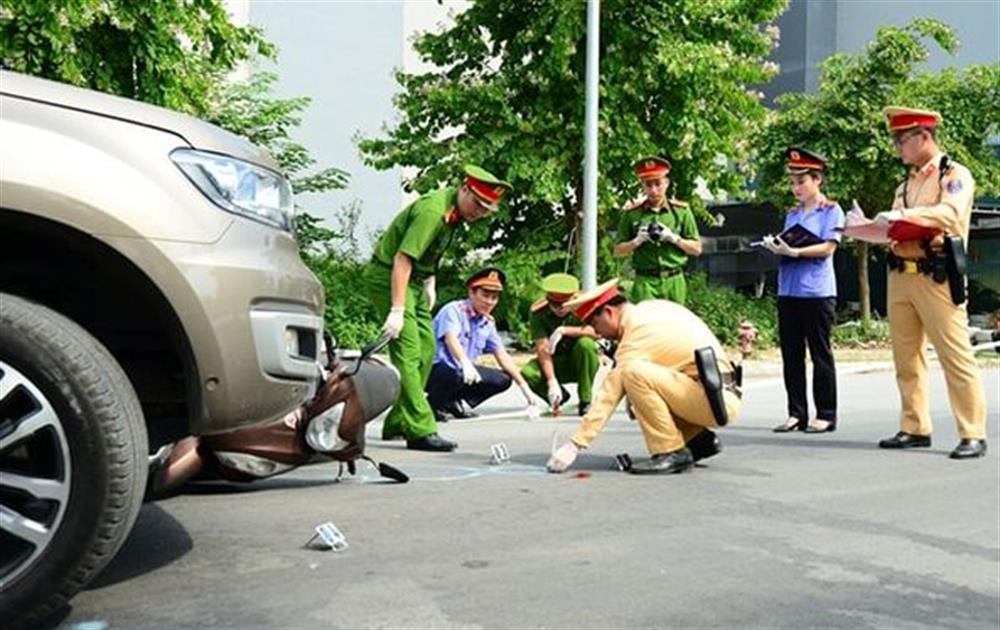
- Record, document of crime scene examination in ...
- 18:09, 14/01/2025
-
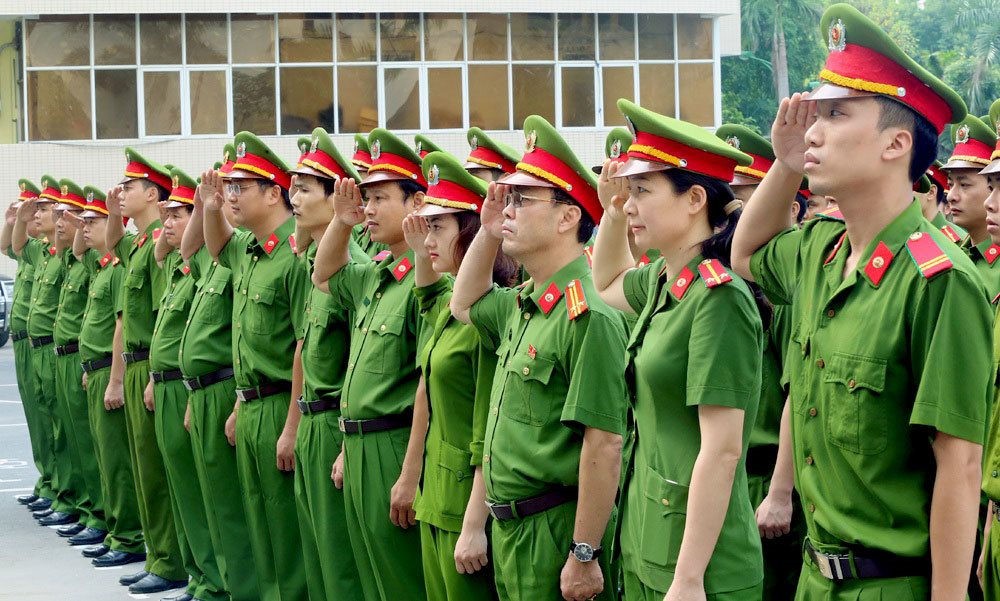
- Standards for appointment to the rank of chief ...
- 17:55, 02/01/2025
-
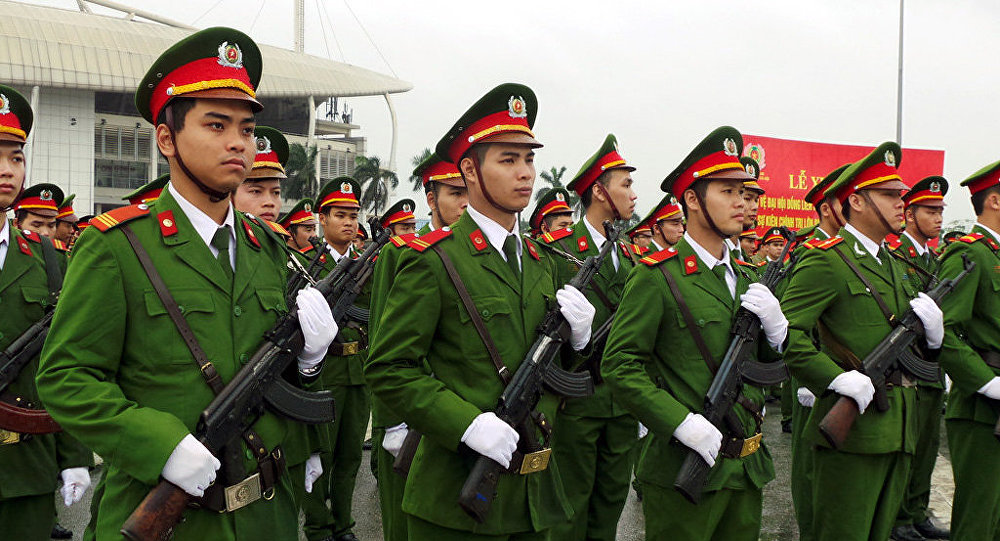
- Salaries and Allowances of Public Security and ...
- 16:29, 11/07/2024
-

- Notable new policies of Vietnam effective as of ...
- 16:26, 11/04/2025
-
.Medium.png)
- Notable documents of Vietnam in the previous week ...
- 16:21, 11/04/2025
-
.Medium.png)
- Notable documents of Vietnam in the previous week ...
- 16:11, 02/04/2025
-
.Medium.png)
- Notable new policies of Vietnam to be effective ...
- 16:04, 02/04/2025
-
.Medium.png)
- Notable new policies of Vietnam effective from ...
- 14:51, 21/03/2025

 Article table of contents
Article table of contents
